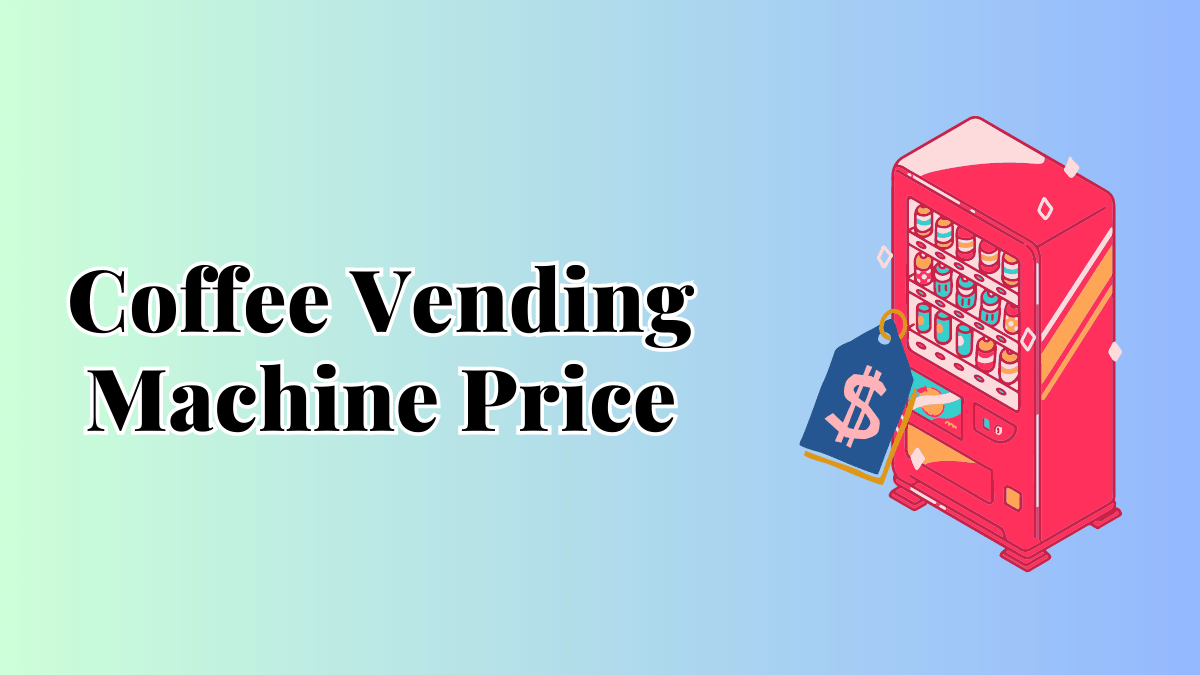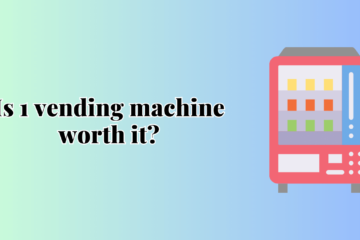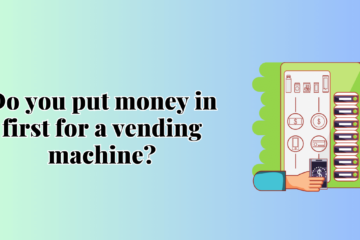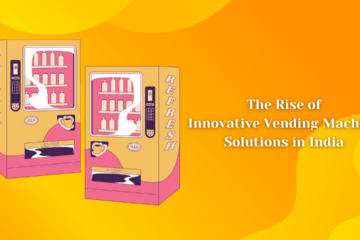Coffee vending machines have become a ubiquitous sight, providing quick and convenient access to freshly brewed coffee, cappuccinos, lattes, and other hot beverages. These marvels of modern technology have revolutionized the way we consume coffee, making it easier for businesses, offices, and public spaces to cater to the demands of coffee enthusiasts. In this comprehensive guide, we will delve into the world of coffee vending machine prices, exploring the various factors that influence their cost and helping you make an informed decision when investing in one.
Understanding Coffee Vending Machines
Before we dive into the factors that determine coffee vending machine prices, let’s understand the different types of machines available in the market.
1. Traditional Coffee Vending Machines
Traditional coffee vending machines are the classic, reliable workhorses of the coffee world. They dispense pre-ground coffee and are capable of brewing various types of coffee with the push of a button. These machines are easy to use and maintain, making them a popular choice for many businesses.
2. Bean-to-Cup Coffee Vending Machines
Bean-to-cup coffee vending machines take coffee freshness to the next level. They grind coffee beans on the spot, ensuring each cup is made from freshly ground beans. This guarantees a more flavorful and aromatic cup of coffee, akin to that of a barista-made brew.
3. Instant Coffee Vending Machines
Instant coffee vending machines are known for their speed and efficiency. They use pre-packaged instant coffee, making them a quick solution for busy locations where speed is of the essence. While they may lack the complexity of bean-to-cup machines, they are a cost-effective option for those on a tight budget.
Factors Affecting Coffee Vending Machine Prices
Now that we’ve explored the different types of coffee vending machines, let’s delve into the factors that influence their prices.
1. Machine Type and Features
The type of coffee vending machine you choose, along with its features, significantly impacts its price. Bean-to-cup machines, offering superior taste, often come at a higher cost compared to instant coffee vending machines.
2. Capacity and Output
The capacity and output of a coffee vending machine play a vital role in determining its price. High-capacity machines that can handle a large number of cups per day generally come with a higher price tag.
3. Brand and Reputation
Reputable brands with a track record of producing reliable and high-quality machines tend to charge more for their products. However, investing in a well-known brand often ensures better durability and customer support.
4. Customization Options
Some coffee vending machines offer customization options, allowing users to adjust the strength and flavor of their beverages. While this adds versatility to the machine, it can also increase its price.
5. Payment Systems
Advanced coffee vending machines come equipped with various payment systems, such as cash, card, or mobile payment options. The inclusion of sophisticated payment technology can impact the overall cost.
6. Maintenance and Service Agreements
Machines that come with comprehensive maintenance and service agreements may have a higher upfront cost, but they can save you money in the long run by reducing repair and maintenance expenses.
Finding the Perfect Coffee Vending Machine for Your Needs
With a myriad of options available, finding the perfect coffee vending machine can be overwhelming. Here are some tips to help you make the right choice:
1. Assess Your Requirements
Begin by assessing your specific needs. Consider factors such as the expected daily usage, the variety of beverages you want to offer, and the available space for the machine.
2. Set a Budget
Setting a budget will help you narrow down your options. Determine how much you are willing to invest in a coffee vending machine, considering both the initial cost and long-term expenses.
3. Research Brands and Models
Research different brands and models of coffee vending machines. Look for reviews and ratings to gauge their performance and reliability.
4. Request Quotes and Compare
Obtain quotes from multiple vendors and compare the prices and features of the machines they offer. Don’t hesitate to negotiate for a better deal.
5. Check for Warranties and Support
Ensure the machine comes with a warranty and check the availability of customer support. A reliable support system is crucial for timely maintenance and repairs.




